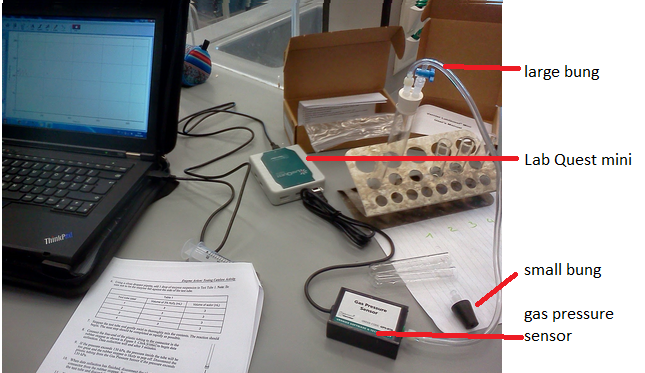Planning for skills progression
 If students are to complete a single investigation which counts for 20% of the final mark they need to be fully prepared.
If students are to complete a single investigation which counts for 20% of the final mark they need to be fully prepared.
Practical skills will be assessed on paper three which is another reason why the PSOW needs to be carefully planned.
A good way to optimise the use of time during the course is to identify skills needed for the investigation and plan exactly where students will practise these skills before they attempt the investigation.
Skills needed in the investigation
General skills
- Academic honesty, use of citations and referencing sources.
- Presentation skills, layout of sections in long experiment reports.
- Scientific terminology, correct use of SI units, section headings in experiment reports.
Planning and research skills
- Library research skills
- Writing a research question (which has a biological explanation / hypothesis)
- Safety, reducing risks and risk assessment (http://www.resources.labsafetyinstitute.org/)
- IB animal experimentation policy
- Method writing in the third person
- Apparatus, choosing appropriate apparatus and measuring uncertainties
- Variables, independent variable, dependent variable & controlled variables
- Data, how to plan for collection of reliable data, and how to decide what is sufficient data.
Data tables, Graphs and Analysis
- Conventions regarding labels, units and decimal points in tables of results
- Estimating uncertainties in measurements
- How to show working out & calculations in data processing
- Conventions in graph plotting
- Appropriate analysis
Conclusions
- How to describe a trend.
- Justifying a trend using data
- Justifying a trend using scientific concepts for confirmation
- Considering the impact of measurement uncertainty
- Comparing a trend in data with a research question.
Evaluations
- Identifying limitations in data
- Limitations of the method and apparatus
- Suggesting realistic improvements

 IB Docs (2) Team
IB Docs (2) Team
